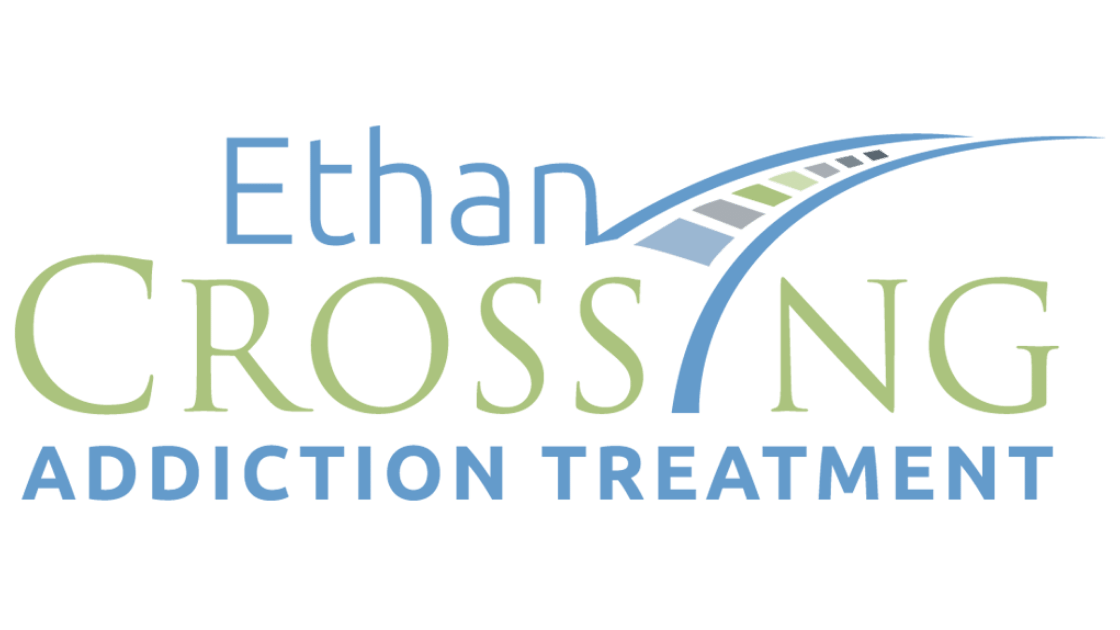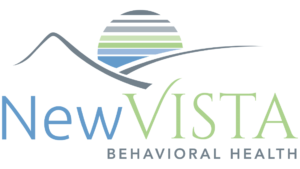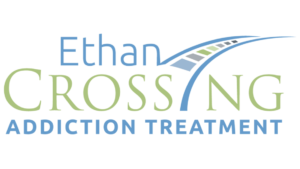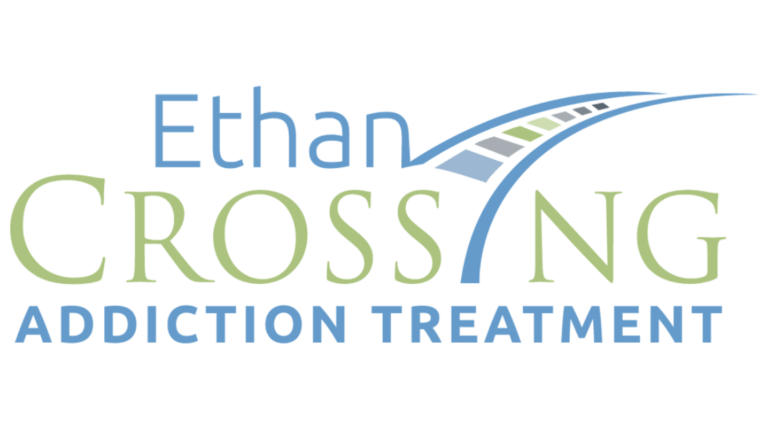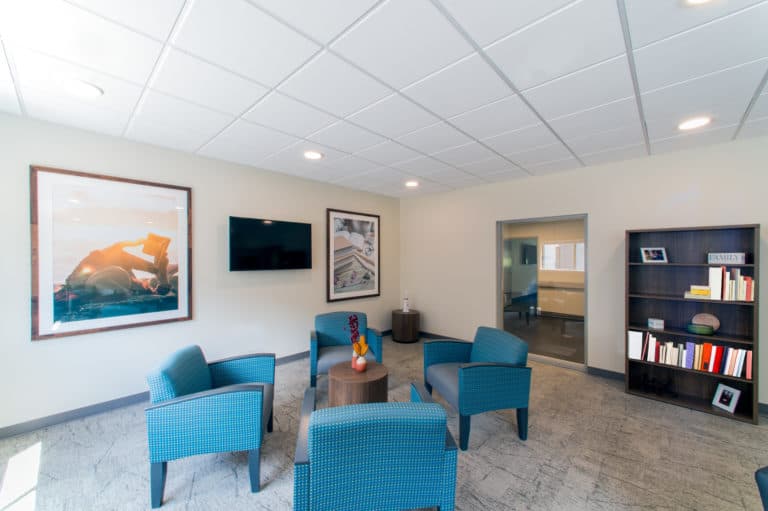What Is EMDR Therapy?
Eye Movement Desensitization and Reprocessing (EMDR) therapy is an effective psychotherapy method proven to help people recover from trauma (or traumatic experiences) and other distressing life experiences. These include:
- PTSD
- Anxiety
- Depression
- Panic disorders
- Substance abuse
EMDR therapy is a non-invasive trauma treatment that doesn’t require continually retraumatizing to achieve results. EMDR therapy could be a game-changer if a person is struggling with trauma symptoms and hasn’t found relief from traditional approaches to trauma resolution.
How Does EMDR Therapy Work?
EMDR works on past trauma by focusing on the neural networks in the brain behind a traumatic memory. EMDR therapy draws on the brain’s natural ability to heal from difficult experiences. It doesn’t eliminate the traumatic memory, but it can ease the distress and arousal that accompanies the traumatic memory. This works through rhythmic eye movements and bilateral stimulation of the eyes. When rapid eye movements are engaged, they keep a person more grounded in the present. In this state of mind, a person is able to reprocess the trauma from a point of emotional safety. The mind, and subsequently the body, realizes it is not in the past re-experiencing the event, giving the space to attach more realistic, empowering, and positive beliefs to the trauma.
Who Can Benefit From EMDR Therapy?
EMDR is a relatively new therapy and research is still in its infancy, but the limited number of studies so far show promising indicators for treatment in the following:
- Substance abuse
- Eating disorders
- Sex addiction
- Acute mental illness
- Chronic pain
- Anxiety, panic attacks, and phobias
- Chronic Illness and medical issues
- Depression and bipolar disorders
- Dissociative disorders
- Eating disorders
- Grief and loss
- Pain
- Performance anxiety
- Personality disorders
- PTSD and other trauma and stress-related issues
- Sexual assault
- Sleep disturbance
- Substance abuse and addiction
- Violence and abuse
For most of these conditions, the benefit lies in the relief EMDR can provide for underlying issues of trauma that can fuel compulsive and unhealthy coping behaviors.
Is EMDR Useful In Addiction Treatment?
The use of EMDR in addiction treatment results in the fact that a lot of addiction is tied to a past trauma. The belief is by treating this trauma, the person suffering from addiction will have less of a compulsion towards substances.
There are 8 phases of treatment.
- Phase 1 includes identifying emotional distress;
- phase 2 consists of imagery and more stress-reduction techniques;
- phases 3 through 6 have the patient identify negative self-beliefs, describe vivid visuals and related emotions to the trauma;
- phases 7 and 8, the patient seeks self-calming techniques and the therapist examines the patient’s progress.
Therapists using EMDR therapy approach a patient’s addiction from a trauma-informed perspective. This allows them to examine each case as an individual and look at the root cause and contributing factors to each person’s addiction. Because of this, EMDR is able to play a central role in addiction treatment. Many people who suffer from substance use disorders have diagnosable PTSD. This makes EMDR as a front-line therapy a logical choice that can greatly help a patient and reduce their risk of relapse.
Get Help Today
More and more, people aren’t becoming exposed to addictive substances as a result of deliberately seeking them due to some kind of traumatic experience, rather than becoming addicted due to a physical injury that requires them to take opioid medication. While EMDR may not be helpful in treating them in this case, they can still benefit from it if they are dealing with something called an addiction memory.
